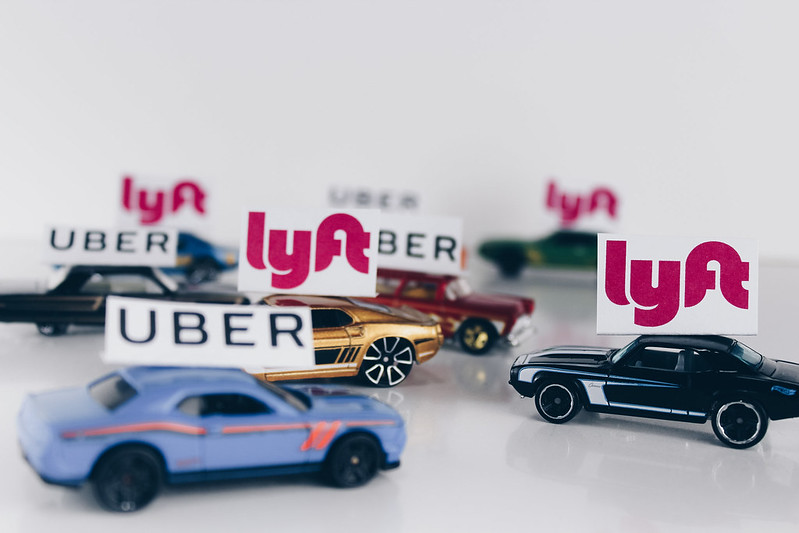What would you think if the state of California passed a new labor law, and a handful of companies, instead of following it, spent millions of dollars to convince voters to approve a special carve-out just for them. Would you vote for that law?
Because that is literally what is happening with Prop 22. In April 2018, California’s Supreme Court passed the Dynamex decision, simplifying and strengthening the rules for when California workers must be classified as workers and not independent contractors. In September 2019, the Governor signed AB 5 into law, which codified and clarified the court’s decision, and added some exemptions. Since then, the legislature has continued to add exemptions to AB 5, in an attempt to make the court’s decision work better in the real world.
One industry that skirts the line between employee and independent contractor is the ridesharing industry. While many drivers treat Lyft and Uber as essentially a full- or part-time job (employee?), many drivers drive sporadically, setting their own hours (independent contractor?). However, drivers are essential to Lyft and Uber’s business, which under the Dynamex decision, makes them unarguably employees. The food delivery industry works similarly, which is why DoorDash also joined the campaign.
And what a brash, deceptive, American-style campaign it has been! Never before in California history has more money been spent on an initiative campaign, and only to spread half-truths and outright lies. For example, proponents claim:
- AB 5 was passed during the Covid recession (it was passed in late 2019)
- The legislature came up with AB 5 (thank the courts; the legislature was just clarifying)
- The legislature has had a chance to fix AB 5 (it’s been one year, and we can’t see the effects of a law if an entire industry refuses to comply)
- Drivers cannot be employees and still have flexible hours (heard of the retail industry?)
- Delivery companies can’t hire their drivers and stay in business (the cannabis delivery industry can’t use independent contractors, and it still runs)
- Prop 22 guarantees drivers 120% of the minimum wage (but they’re completely unpaid for the time they drive around waiting for the app to send them new fares)
- Prop 22 can be amended by the legislature (sort of, but only by an unheard-of 7/8 vote)
- Uber and Lyft are doing this because they care about their drivers (they care so much they threatened to pull out of California entirely if they didn’t get their way)
- Uber and Lyft are not in the business of providing rides; they are actually “logistics” companies (guh? the courts didn’t buy this one either)
How is it that a handful of corporations are even allowed to abuse California’s democracy in this way? Thank America; in 1981 the U.S. Supreme Court ruled that there can be no limit how much a person or corporation can spend on a ballot initiative campaign.
In California, at least, while corporate interests can easily get a law on the ballot, it is fairly rare for voters to pass these laws. But really, California voters and the civil society that keeps us informed are the only defense California has against corporate takeover of our system of direct democracy.
Prop 22 is a mediocre law at best. But there is so much more at stake here than a decision about labor law for one industry. Literally, not only the initiative system, but California’s sovereignty is at stake here. If a corporation can simply refuse to comply with a California law because they think they can deceive voters into passing a law of the company’s own choosing, what power does California law have?
We recommend the state legislature continue to carefully monitor the impact of AB 5 and continue creating reasonable, industry-specific exemptions. And we recommend that companies like Uber and Lyft have the humility to try complying with California law before asking that it be changed. And we recommend that you vote no on Prop 22.
And while you’re waiting for your ballot to arrive, consider deleting Doordash, Lyft, and Uber from your phone, and learning more about alternative ride-hailing services.
NEXT: Prop 23: no recommendation on dialysis clinic regulations

